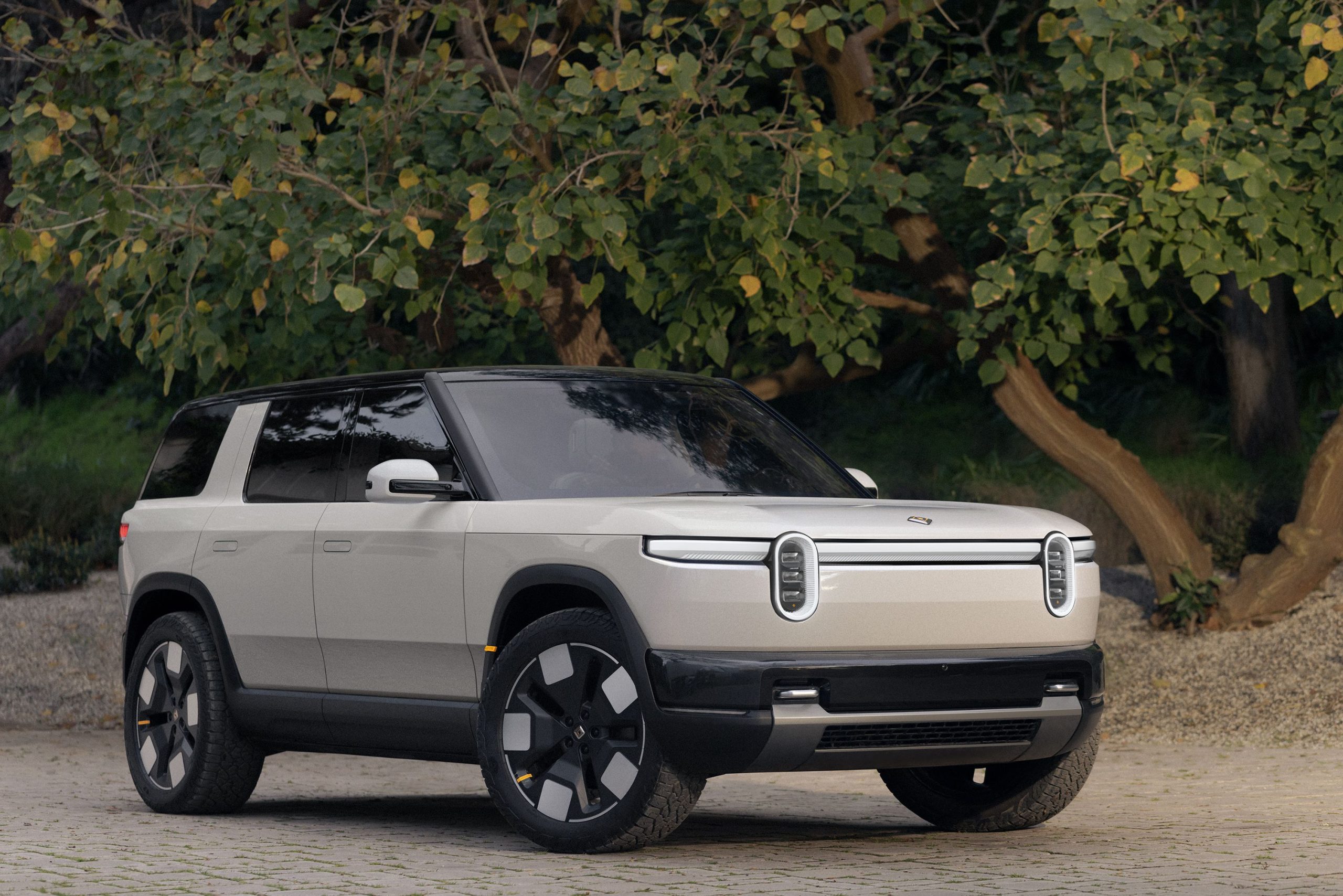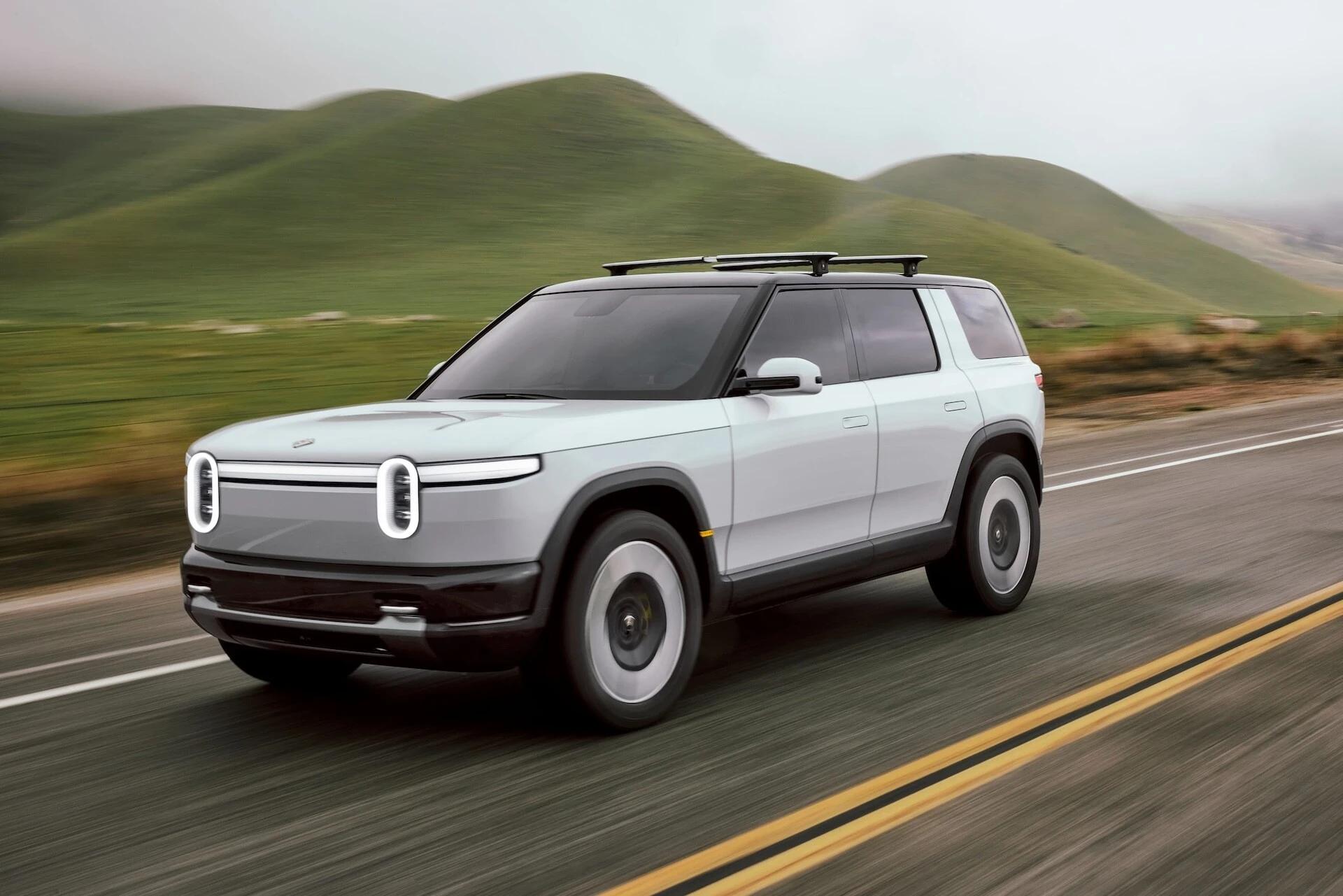Rivian has announced that its R2 electric vehicles will feature domestically produced batteries from LG Energy Solution, marking a shift from its current reliance on South Korean-manufactured Samsung SDI cells for its R1 series. The new battery design, known as the “4695” cell for its dimensions (46mm in diameter and 95mm in height), is larger than Tesla’s 4680 cells and will debut in Rivian’s more affordable R2 lineup. Starting at $45,000, the R2 is set to expand Rivian’s reach into the competitive EV market, alongside the sportier R3 model.
By moving battery production to LG’s U.S. facility in Queen Creek, Arizona, Rivian aligns its operations with the Inflation Reduction Act’s incentives for domestic manufacturing. These changes allow the company to meet tax credit requirements while reducing dependency on international supply chains. The transition underscores Rivian’s focus on compliance with federal policies that support electric vehicle adoption through U.S.-based production.

The R2 platform will feature battery packs that are more efficient, lighter, and less expensive to produce than those used in Rivian’s R1 series. The larger 4695 cells reduce the number of components required in each pack, simplifying assembly and driving down costs. Rivian expects these advancements to yield a 45% improvement in assembly efficiency, as well as a meaningful reduction in the cost per kilowatt-hour, enhancing its competitiveness in the EV market.
Automakers across the industry are making significant adjustments to localize EV battery production in response to federal incentives and shifting policy priorities. Rivian’s decision to manufacture batteries domestically reflects this broader push to secure U.S.-based supply chains and reduce the risks associated with international trade. LG Energy Solution, which partners with several automakers, is a significant player in this transition, supported by a $2.5 billion Department of Energy loan to expand its lithium-ion battery facilities.
As Rivian prepares for R2 production in 2026, it faces potential challenges from the evolving regulatory environment. With Donald Trump set to assume the presidency, proposed policies to roll back EV subsidies could impact the financial viability of electric-only companies like Rivian. The company must navigate these uncertainties while focusing on its goals of innovation and cost-efficiency to remain competitive in a dynamic market.

